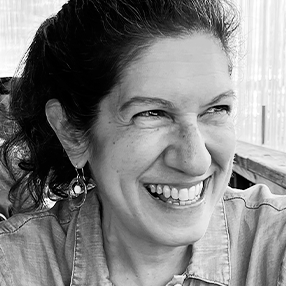“[G]uided by the history and tradition that map the essential components of our Nation’s concept of ordered liberty, we must ask what the Fourteenth Amendment means by the term ‘liberty.’”
—Justice Samuel Alito, leaked draft, Dobbs v. Jackson Women’s Health Organization
“Early attempts to cope with this vile infection resembled battling the Hydra.”
—Justice Ruth Bader Ginsburg, Shelby County v. Holder
We turn our collars up against the chill of raw judicial power
The fabulous many-headed snake of the marshes of Lerna
It is said that if one head is smyte, three heads grow
A rancorous national controversy
Of spring-headed Hydras and sea-shouldering Whales
Members of the court split three ways
Gestational age ministers life to this monstrous Hydra
We make a long list of circuit conflicts
To cope with this vile infection
We are a quick child
We expect more from an opinion striking at the heart
Had we as many mouths as Hydra, our answer would stop ’em all
For liberty is a capacious term
A jettisoned framework
An animated hiss and whistling wail
Hydra assailants return every hour
Yet their cuts produce in time a perfect animal
Hubris is a fit word for today’s demolition
Of a deeply rooted right, full of hydras and crocodiles
This scheme of ordered liberty is the Court’s own brainchild
Poison fumes, poisoned blood
In a long constellation
With a few bright stars
Copyright © 2022 by Jena Osman. Originally published in Poem-a-Day on July 22, 2022, by the Academy of American Poets.
“I started this poem just after Justice Ruth Bader Ginsburg passed away. I picked it up again after Justice Samuel Alito’s draft opinion, which anticipated the majority opinion that overturned Roe v. Wade, was leaked to the press. Ginsburg was considered a great dissenter; perhaps her most famous dissent was in Shelby v. Holder in 2013, a ruling that essentially struck down the Voting Rights Act of 1965. This poem is built from language sourced from that case, the Alito draft, and from the definition of ‘hydra’ in the Oxford English Dictionary. I’m interested in how collage can serve as another kind of dissent.”
—Jena Osman

